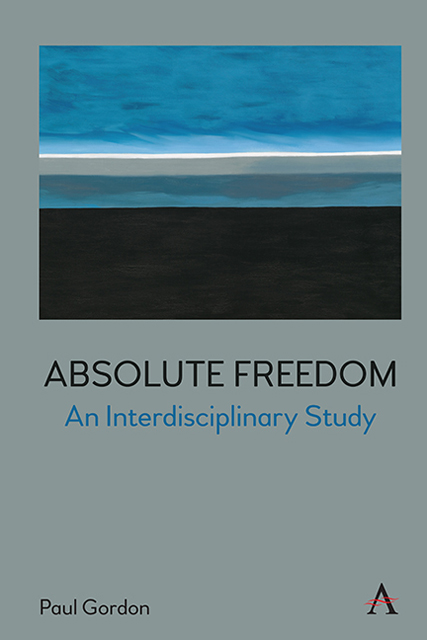9 - Friendship as Freedom
Published online by Cambridge University Press: 10 January 2023
Summary
“For without friends one would not choose to live,
though (s)he had all other goods”
(Aristotle, Nicomachean Ethics, Bk. 8)
“Oh my friends, there are no friends”
(Diogenes Laertius, attributed to Aristotle)
The age-old existence of friendship has garnered considerable attention in the last few decades in books, films, everyday life, and even in certain highly sophisticated postmodern critical circles which have been drawn to its unusual status as both commonplace as well as enigmatic. “Oh my friends, there are no friends” as Artistotle reportedly declared, leaving theoretical geniuses like Jacques Derrida, Giorgio Agamben, and Jean-Luc Nancy to ponder the simultaneity of its assertion and its denial. This curious doubling which “denies itself as such” can never be fully resolved, but we will try to elucidate the question further here by examining friendship in its relationship to freedom.
Although it might appear, at first glance, that friendship and freedom are diametrically opposed, that is but the first of many ways that friendship denies its own reality. In fact, the two seemingly disparate notions are not only closely related but they are also etymologically related:
From Middle English frend, freend, from Old English frēond (“friend, relative, lover”, literally “loving[-one]”), from Proto-Germanic *frijōndz (“lover, friend”), from Proto-Indo-European *prēy-, *prāy- (“to like, love”), equivalent to free + -nd
Old English freo “exempt from; not in bondage, acting of one's own will,” also “noble; joyful,” from Proto-Germanic *friaz “beloved; not in bondage” (source also of Old Frisian fri, Old Saxon vri, Old High German vri, German frei, Dutch vrij, Gothic freis “free”), from PIE *priy-a- “dear, beloved,” from root *pri- “to love.”
The sense evolution from “to love” to “free” is perhaps from the terms “beloved” or “friend” being applied to the free members of one's clan (as opposed to slaves; compare Latin liberi, meaning both “free persons” and “children of a family”). For the older sense in Germanic, compare Gothic frijon “to love;” Old English freod “affection, friendship, peace,” friga “love,” friðu “peace;” Old Norse friðr “peace, personal security; love, friendship,” German Friede “peace;” Old English freo “wife;” Old Norse Frigg, name of the wife of Odin, literally “beloved” or “loving;” Middle Low German vrien “to take to wife,” Dutch vrijen, German freien “to woo.”
- Type
- Chapter
- Information
- Absolute FreedomAn Interdisciplinary Study, pp. 125 - 140Publisher: Anthem PressPrint publication year: 2022

